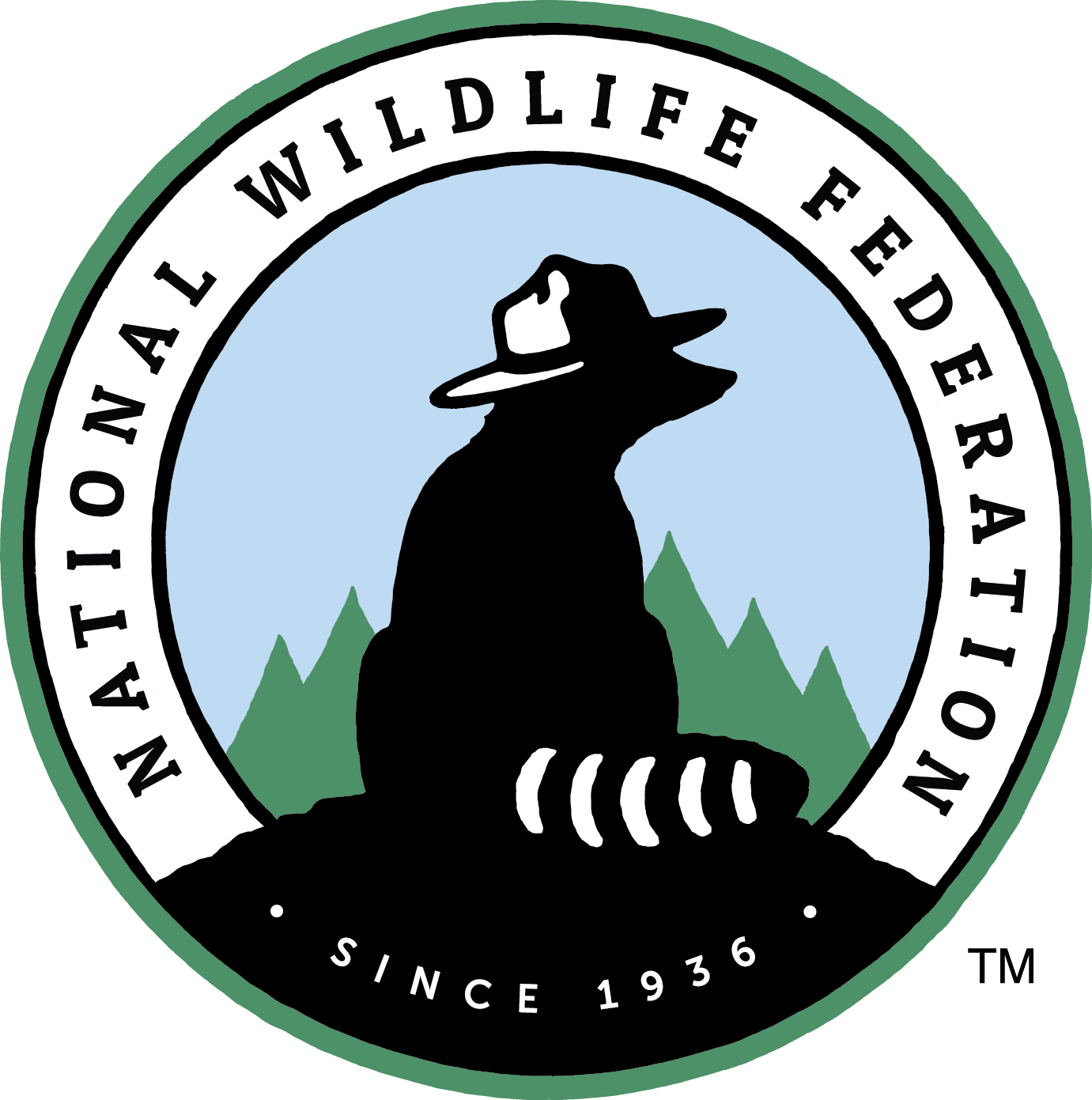Number 2019-04 WHEREAS, the National Wildlife Federation has a history of supporting ecological prescribed fire as a critical land management tool; and WHEREAS, the occurrence of catastrophic fires has been at historic levels across the nation and the world in recent years, and is increasing annually; and WHEREAS, climate change has elevated the severity of wildfires due to increased vegetation gr ...[Read More]
Promoting Ecologically Appropriate Prescribed Burn Programs on our Natural Areas
Protecting Habitat by Balancing Conservation and Outdoor Recreation on Public Lands
Number 2019-05 WHEREAS, pressure on wildlife and wildlife habitat is increasing on public lands; and WHEREAS, protecting wildlife and important wildlife habitat on public lands is highly valued by Americans; and WHEREAS, conserving wildlife populations as well as protecting and restoring important blocks of wildlife habitat on public lands should be prioritized; and WHEREAS, enjoyment of outdoor r ...[Read More]
Protecting Habitat, Wildlife, and Water Resources around the Grand Canyon from Uranium Mining
Number 2019-06 WHEREAS, in 2011, the National Wildlife Federation resolved to call on appropriate state and federal policymakers to support the maintenance of moratoria on the construction and operation of uranium mines and mills adjacent to the Grand Canyon and in the watersheds of the Southeastern and Mid-Atlantic United States, until such time as peer-reviewed, scientific studies prove that ura ...[Read More]
Significantly Reducing Single-Use Plastic Products in the American Marketplace
Number 2019-07 WHEREAS, while plastics are a convenient, adaptable, useful and economically valuable material, post-consumer or end-of-life (EOL) single-use plastics (SUPs) represent a serious national and global problem due to their abundance, persistence in the environment, risk to wildlife and human health, and economic cost; and WHEREAS, the full lifecycle of plastic is known to impact the glo ...[Read More]
Supporting Tribes on Wildlife and Natural Resource Management
Number 2019-08 WHEREAS, federally-recognized tribes have authority to manage wildlife and natural resources on lands within their jurisdiction; and WHEREAS, tribal lands and waters are significant for wildlife conservation and provide vital habitat for thousands of species of greatest conservation need, including more than 525 federally-listed threatened and endangered plants and animals, many of ...[Read More]
Non-Federal Governmental Action to Protect Wildlife, Habitat, and People from Climate Change
Number 2018-01 WHEREAS, climate change is a serious and escalating threat to wildlife, communities, and the economy of the United States; and WHEREAS, climate change is increasingly fueling more severe and damaging impacts and events that burden local and state communities, worsening sea level rise, wildfires, droughts, floods, severe weather events, heat waves, disruption of seasonal norms, and o ...[Read More]
Wildlife Friendly Renewable Energy Infrastructure
Number 2018-02 WHEREAS, the impacts of climate change are serious and are escalating for wildlife, communities, and the economy; and WHEREAS, climate change is, in large part, caused by the burning of fossil fuels for electricity generation; and WHEREAS, renewable energy sources, such as solar,—including distributed solar— onshore and offshore wind, geothermal, and tidal power are now technologica ...[Read More]
Oppose imprudent “Energy Dominance” policies
Number 2018-03 WHEREAS, the National Wildlife Federation has long advocated for responsible development and use of natural resources in ways that ensure protections for wildlife, habitat and outdoor recreation opportunities from unregulated or poorly regulated energy development, today and for future generations; and WHEREAS, energy development’s potential consequences include wildlife habitat alt ...[Read More]
Aligning Federal Crop Insurance with Science Based Agriculture Conservation Practices
Number 2018-04 WHEREAS federally supported crop insurance is the primary financial safety net available for agricultural producers, addressing risks among America’s farmers and ranchers; and WHEREAS conservation on private farmland is critical to wildlife and their habitats; and WHEREAS, rules in the crop insurance program that treat cover crops differently than any other farming practice act as a ...[Read More]
Nature-Based Carbon Sequestration and Storage for Climate and Wildlife
Number 2018-05 WHEREAS, most nations agreed in Paris in December 2015 to curb emissions to levels that would maintain the average global temperature increase to no more than 2 degrees Celsius over pre-industrial levels, with an aspiration of 1.5 degrees Celsius; and WHEREAS, scientists have estimated that carbon dioxide levels in the atmosphere, which are currently approximately 400 parts per mill ...[Read More]
